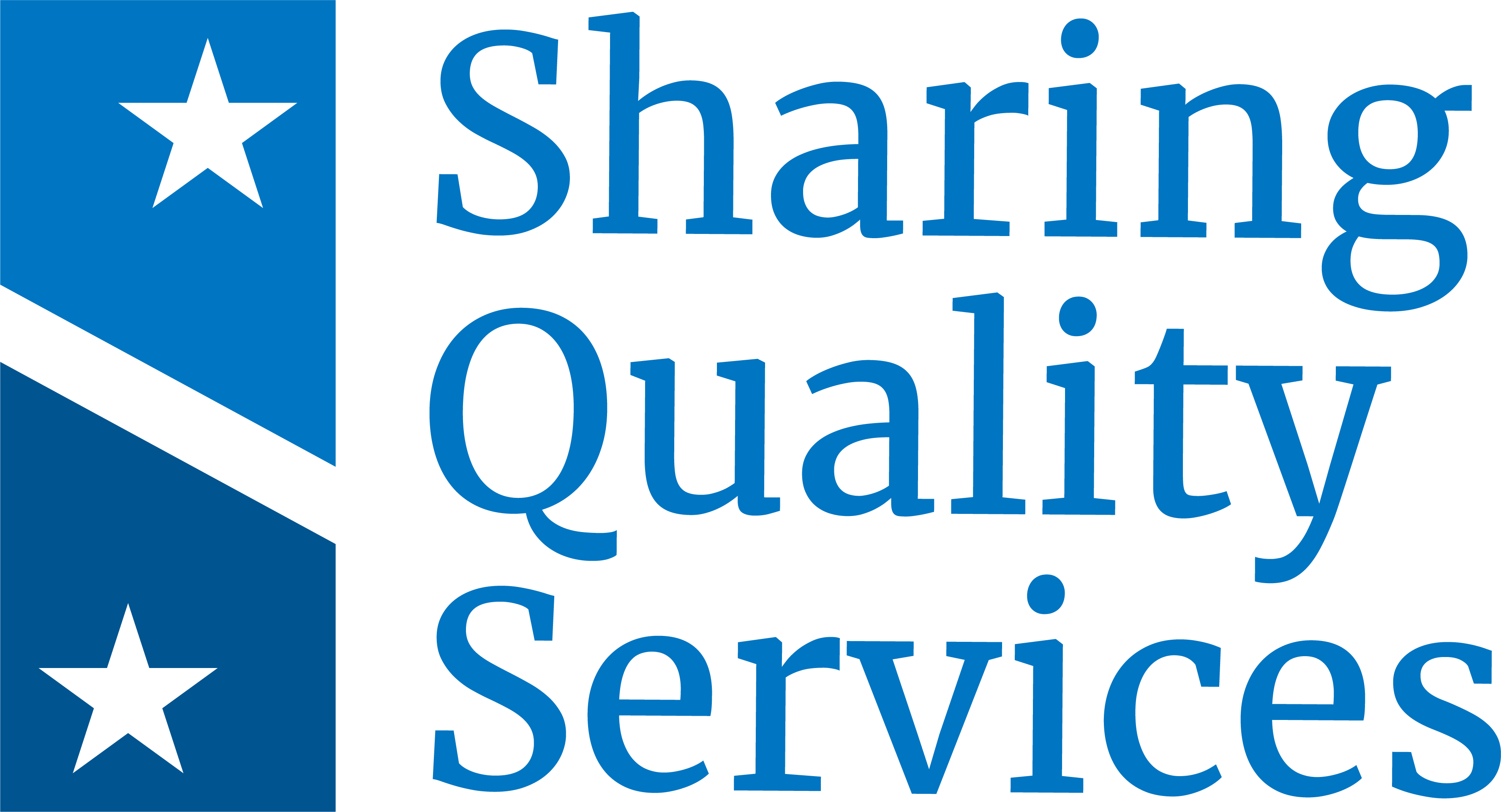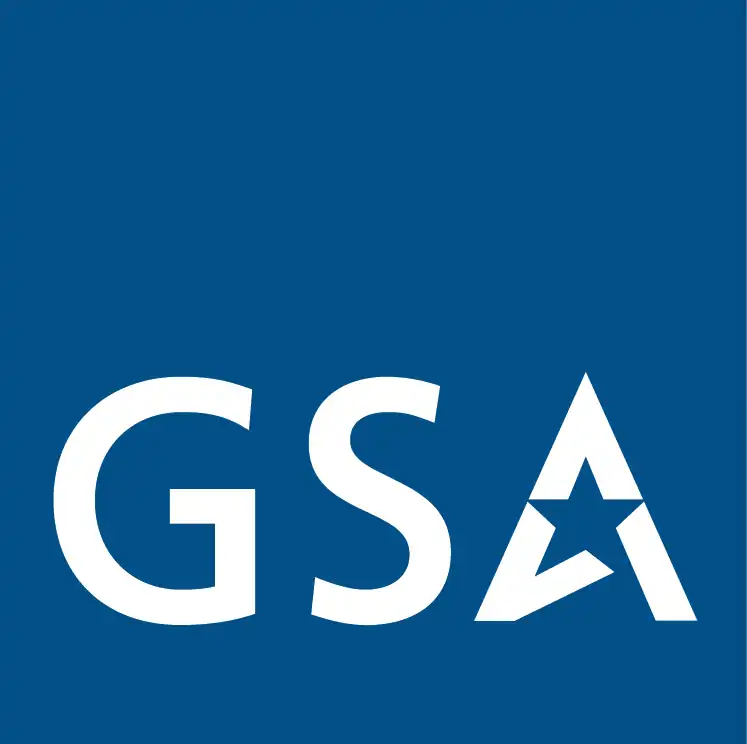Current Areas of Focus
Executive Councils
The Federal Executive Councils coordinate engagement and policy development across the CXO
ecosystem. Their Interagency initiatives spur innovation, elevate and spread best practices, and
bridge the gap between policy making and implementation to improve outcomes. OSSPI provides support
to the 10 Executive Councils below.
Chief Acquisition Officers Council (CAOC) - Chief Acquisition Officers Council (CAOC) The CAOC promotes effective business practices that
ensure the timely delivery of best value products and services to the agencies, achieve public
policy objectives, and further integrity, fairness, competition, and openness in the federal
acquisition system.
Chief Data Officers Council (CDOC) - The CDOC works to improve government mission achievement and increase the benefits to the nation through improvement in the management, use, protection, dissemination, and generation of data in government decision-making and operations.
Chief Financial Officers Council (CFOC) - The CFOC, made up of the financial leadership of the 24 CFO Act agencies, Treasury, and OMB - helps manage, advise, and implement transformational change across the government for all things in the Financial Management line of business.
Chief Information Officers Council (CIOC) - The CIOC is the principal interagency forum for improving agency practices related to the design, acquisition, development, modernization, use, sharing, and performance of Federal information resources.
Evaluation Officer Council (EOC) - The EOC serves as a forum to exchange information, consult with and advise OMB on issues that affect evaluation functions (e.g., evaluator competencies, program evaluation leading practices, and evaluation capacity-building), coordinate and collaborate on areas of common interest.
Federal Privacy Council (FPC) - The FPC is the principal interagency forum to improve the privacy practices of agencies and entities acting on their behalf, with the aim of strengthening protections of people’s personal information and privacy rights across the Federal Government.
Interagency Council on Statistical Policy (ICSP)- The ICSP coordinates statistical work and policy across the statistical agencies and units of the U.S. government. The Council was established in 1989 and is chaired by the Chief Statistician of the United States, an executive in OMB.
Performance Improvement Council (PIC) - With the Government Performance and Results Modernization Act of 2010 (GPRAMA), Congress established the PIC to assist the Director of OMB in improving the performance of the Federal Government and achieving the Federal Government priority goals.
President’s Management Council (PMC) - The PMC advises the President and OMB on government reform initiatives, provides performance and management leadership throughout the Executive Branch, and oversees implementation of government-wide management policies and programs. The PMC comprises the Chief Operating Officers of major agencies, primarily Deputy Secretaries, Deputy Administrators, and agency heads from GSA and OPM.
Program Management Policy Council (PMPC) - The PMPC oversees implementation of major provisions of the Program Management Improvement Accountability Act (PMIAA) aimed at strengthening the program management practices of agencies. The council drives improvements in program performance and efficiency by developing capacity, facilitating cross-agency learning, improving cooperation, and sharing best practices identified by agencies and the private sector.
Shared Services
The Shared Services team works with stakeholders from across the Government to improve the efficiency and effectiveness of Government-wide mission support services. These support services include financial management, grants management, travel and expense, real property management, contract writing, human capital, cybersecurity services, regulations management and electronic records management. The team coordinates governance, provides shared services program management, and develops processes to support OMB shared-services policy implementation. This work leads to improved performance, customer experience, and operational costs related to mission-support services.
Learn more at www.ussm.gov.
The President’s Management Agenda
Each administration’s President's Management Agenda (PMA) lays out a long-term vision to modernize the federal government. The PMA focuses on key areas that will improve the ability of agencies to deliver mission outcomes, provide excellent service, and effectively steward taxpayer dollars. Our communities are the driving force for accomplishing many of these cross-agency priorities. We use cross-sector and cross-government collaboration, performance data, and implementation expertise to help inform the strategies and policy changes that will accomplish the modernization outlined in the PMA. Learn about the PMA at
www.performance.gov and Twitter or LinkedIn
Empowering Agencies to Improve Performance
We use a number of tools and engagements to help agencies reach their goals.
-
Strategy: Expertise in management initiatives informs cross-functional and cross-government solutions.
-
Performance Data: Governmentwide performance data informs agencies' decisions, best practices, and benchmarking.
-
Hands-on-Help: Analysis, stakeholder engagement, playbooks, and toolkits provide leading practices to agencies.
Building Leaders
-
The White House Leadership Development (WHLD) Program develops the next generation of senior leaders by engaging a diverse annual cohort of GS-15 career employees and placing them in rotations supporting critical, cross-government priorities.
Read more.
-
The CXO Fellowship program, sponsored by the Executive Councils, is dedicated to providing enriching professional development opportunities for the next generation of Federal leaders in the fields of acquisition, finance, human capital, and information technology. The program provides an opportunity for GS9-GS13 career employees to grow professionally through a unique set of educational seminars and events.
Read more.



